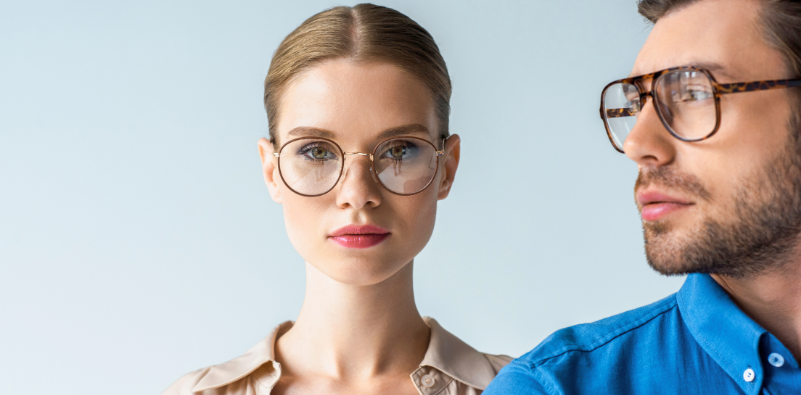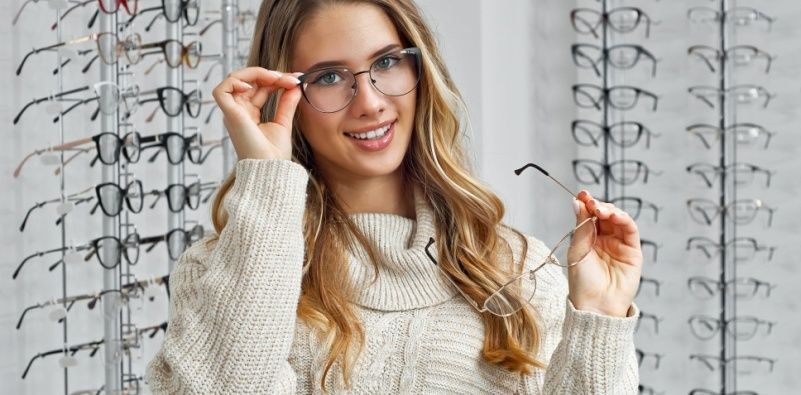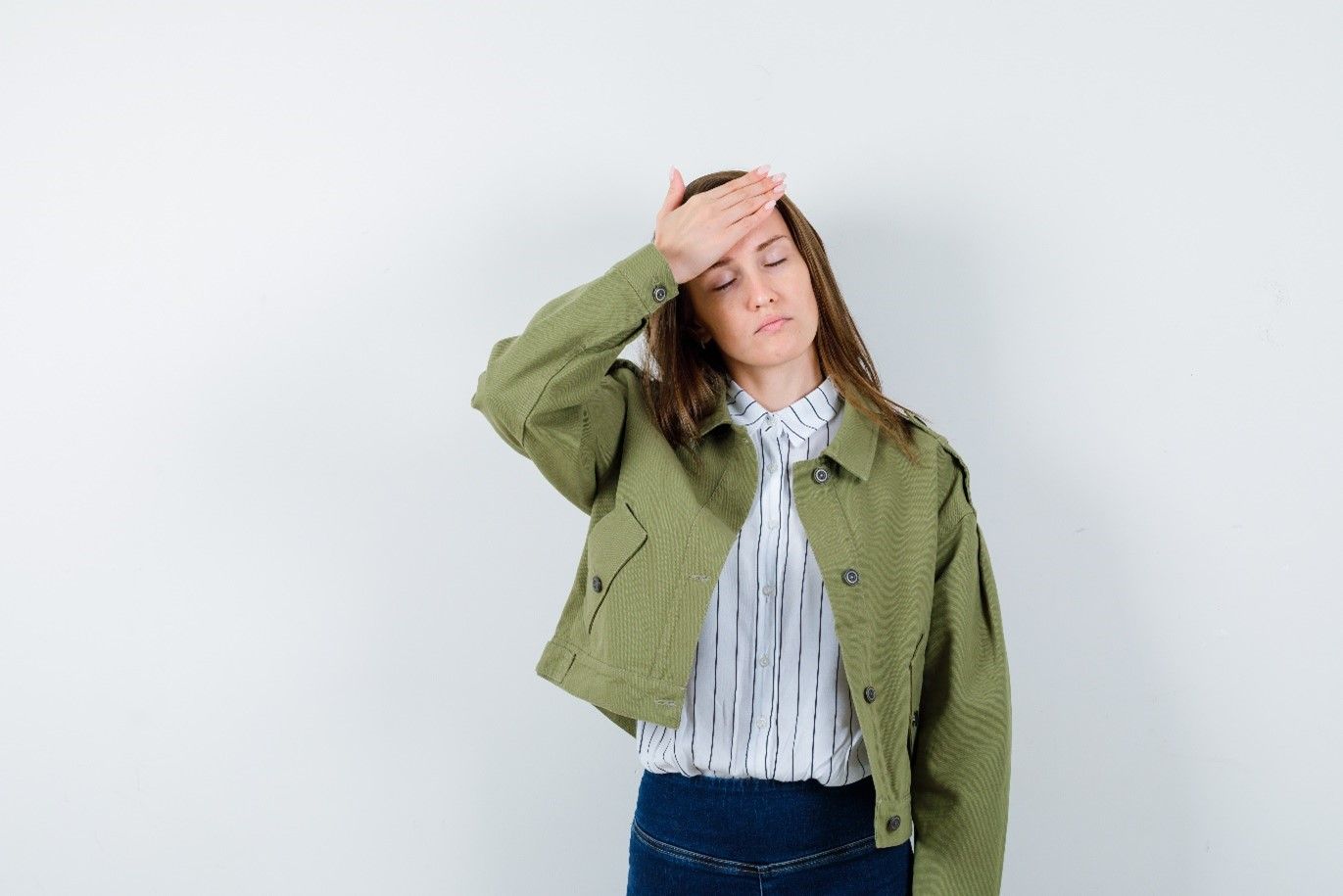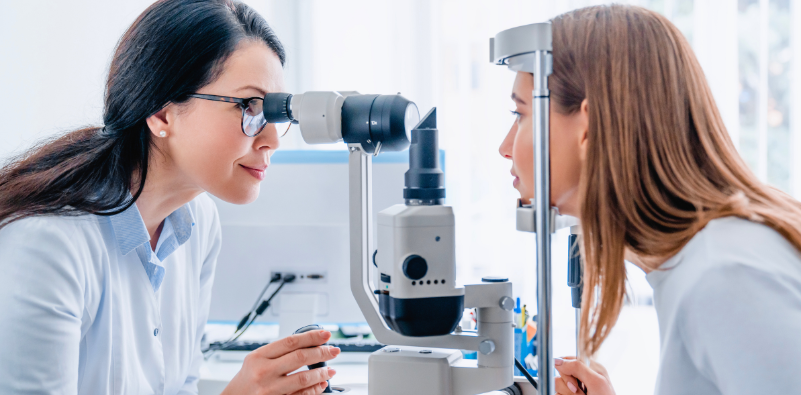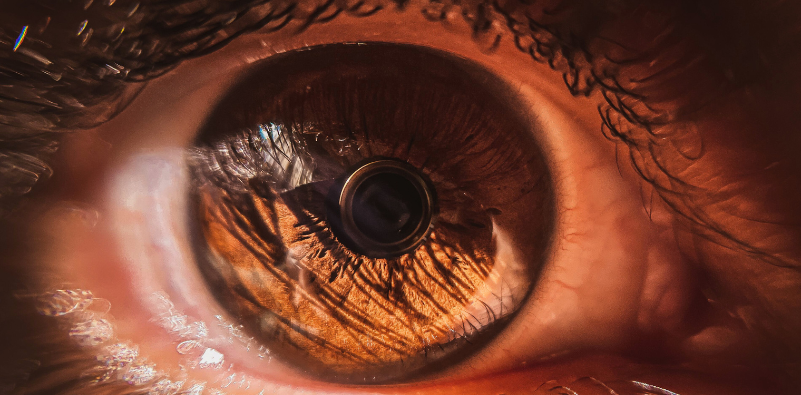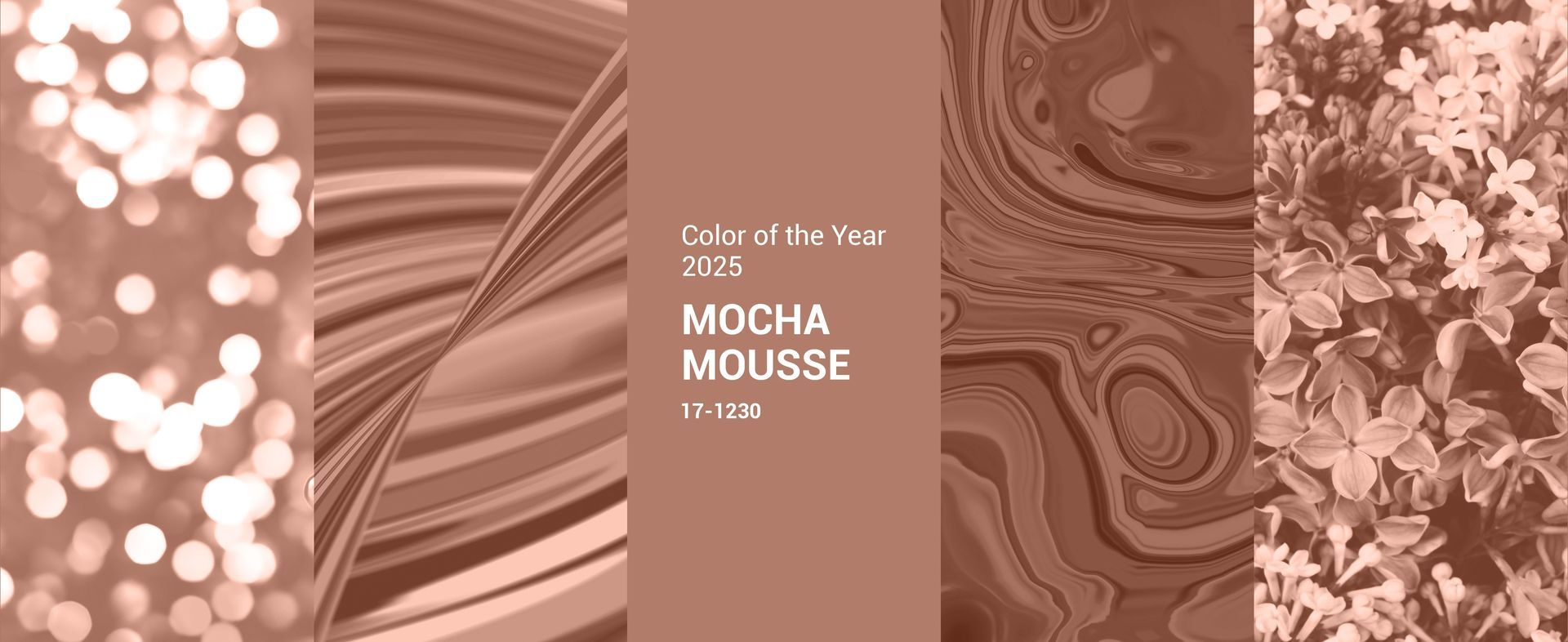How Occupational Lenses Could Benefit You
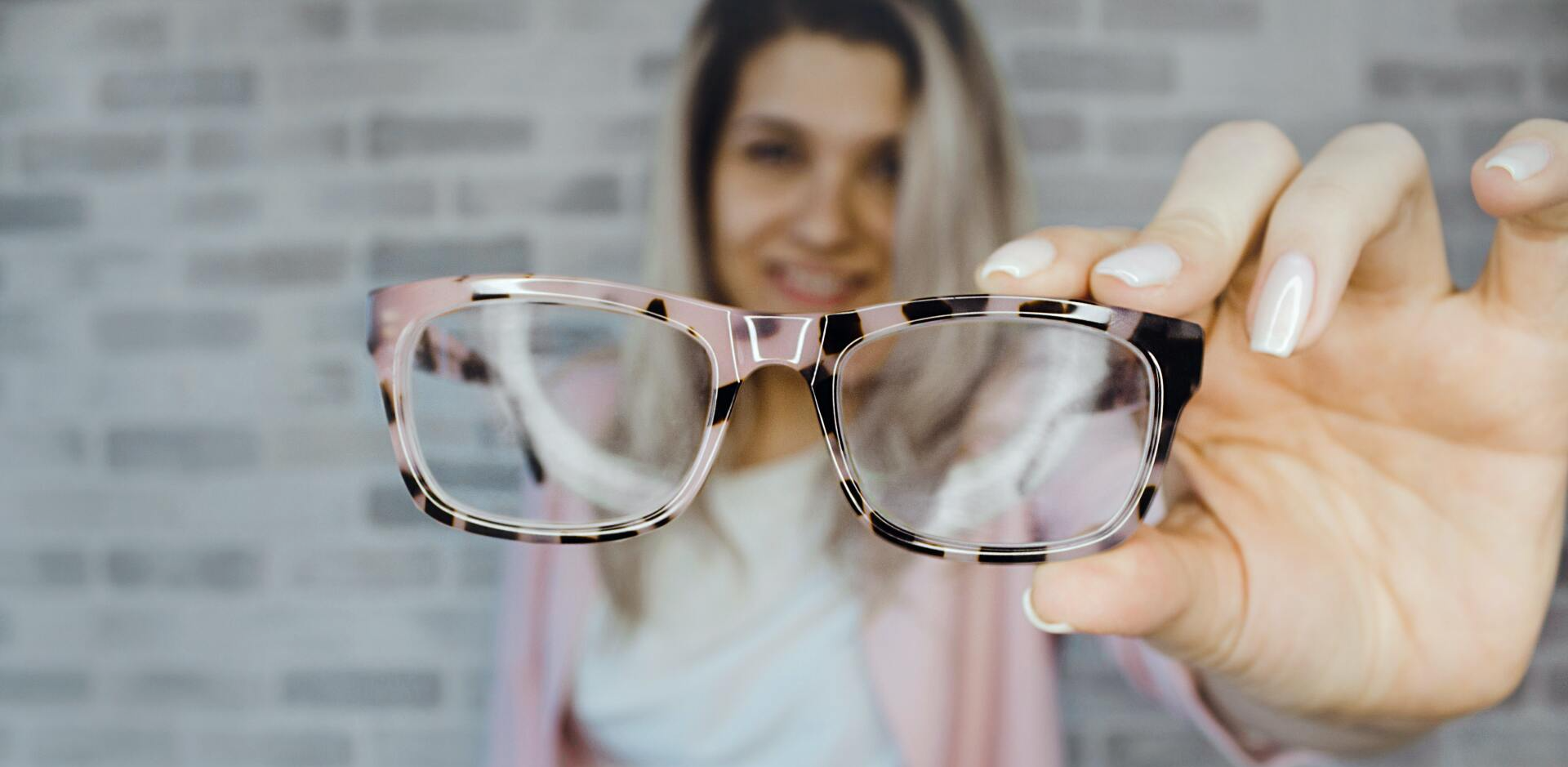
Many occupations now involve a large amount of computer work and some people spend the whole day at work using a laptop or desktop as part of their role.
Using technology and software systems has revolutionised working processes and digital tools are now integral to the way many businesses operate but there are some downsides to the increased usage of computers. In particular, there are some aspects of employee health that can be negatively impacted by long periods of sitting looking at a computer screen.
One concern is the impact on the employee’s posture when using a PC or laptop, with back and shoulder tension common consequences of sitting in the same position all day.
Staring at a screen and focusing on text or other small details can put a lot of strain on your eyes, leading to headaches, sore eyes and blurry vision.
It is important for people who use computers at work or have other occupations where you are constantly focusing your eyes on the same area for long periods, to have regular eye tests. In many cases, having occupational glasses can reduce eye strain and neck and back ache.
Wearing varifocals is not ideal for using a computer as they have restrictions on the lens design, while occupational lenses are designed specifically for seeing near objects clearly through the lower part of the lens and also provide clarity in the upper part of the lenses to focus on tasks that are further away. Compared to traditional varifocals, occupational lenses have a wider visual corridor that maximises clarity and comfort for using for looking at distances of less than 4 metres.
Optometrists recommend using occupational glasses for minimising eye fatigue and to enhance vision at work, while varifocals are usually more comfortable for wearing outside of work for everyday activities. Occupational lenses can also support other hobbies such as gardening, crafting, wood working and cooking as they give a better range of vision than a reading lens.
While eye strain caused through working at computer screens is unlikely to cause any long-term eye problems, regularly straining your eyes can cause regular headaches and eye fatigue, which will impact your quality of life and will also make work uncomfortable and usually less productive too.
If you are suffering with any of the signs that your eyes require some additional support at work, it is important to book in for an eye test as soon as possible. Through a quick and simple eye test, you can soon be prescribed with the right lenses to relieve your eyes and help ensure your working life is much more comfortable and productive.
You may be entitled to a free VDU eye test as required by the Health and Safety Act 1992.
Find your local Harrold Opticians to book an eye test with one of our expert optometrists to help take care of your short-term and long-term eye health.

